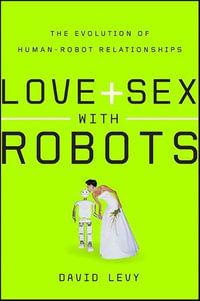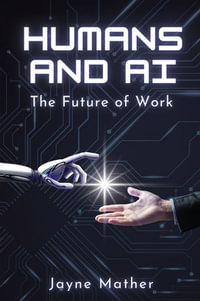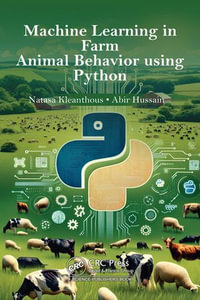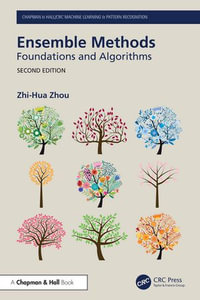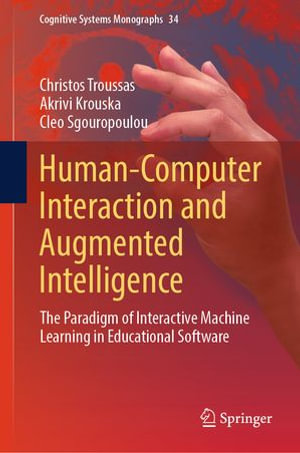
eTEXT
Human-Computer Interaction and Augmented Intelligence
The Paradigm of Interactive Machine Learning in Educational Software
By: Christos Troussas, Akrivi Krouska, Cleo Sgouropoulou
eText | 13 March 2025
At a Glance
eText
$249.00
or
Instant online reading in your Booktopia eTextbook Library *
Read online on
Desktop
Tablet
Mobile
Not downloadable to your eReader or an app
Why choose an eTextbook?
Instant Access *
Purchase and read your book immediately
Read Aloud
Listen and follow along as Bookshelf reads to you
Study Tools
Built-in study tools like highlights and more
* eTextbooks are not downloadable to your eReader or an app and can be accessed via web browsers only. You must be connected to the internet and have no technical issues with your device or browser that could prevent the eTextbook from operating.
ISBN: 9783031844539
ISBN-10: 303184453X
Series: Cognitive Systems Monographs : Book 34
Published: 13th March 2025
Format: ePUB
Language: English
Publisher: Springer Nature
Volume Number: 34
